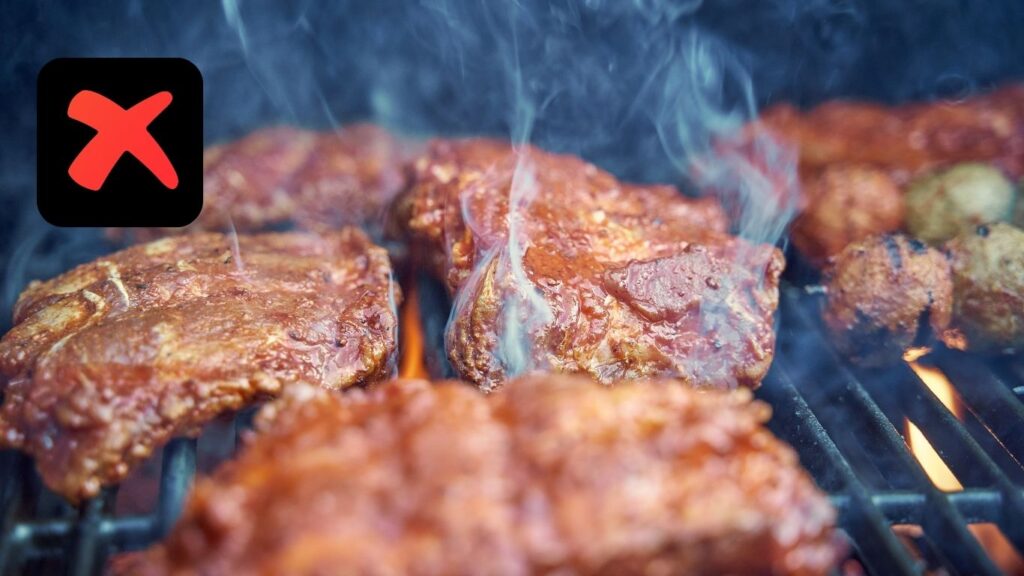Uric acid is a byproduct of the breakdown of purines, compounds found in various foods and drinks. When the body produces too much uric acid or fails to excrete it effectively, uric acid can accumulate in the blood, leading to a condition known as hyperuricemia. This buildup often results in gout, a painful form of arthritis, as well as kidney stones and other complications. The good news is that you can help manage uric acid levels through a proper diet. In this blog, we will explore the best foods to eat and those to avoid for maintaining healthy uric acid levels and preventing related health issues.
Best Diet for Managing Uric Acid Levels: What to Eat and What to Avoid
The Role of Diet in Managing Uric Acid Levels
Diet plays a crucial role in the body’s production and elimination of uric acid. Certain foods are high in purines, which break down into uric acid, while others can help reduce inflammation and improve kidney function to remove uric acid efficiently. A well-balanced diet that focuses on reducing purine intake and promoting overall health can help prevent gout flare-ups and other complications from high uric acid levels.
Foods to Eat for Managing Uric Acid Levels
Incorporating the following foods into your diet can help lower uric acid levels and reduce the risk of gout attacks and kidney stones:

1. Low-Purine Vegetables
While some vegetables contain purines, they typically do not raise uric acid levels like purine-rich meats. Vegetables such as spinach, broccoli, kale, and carrots are excellent choices for those managing uric acid levels. They provide essential nutrients and fiber without contributing to uric acid buildup.
2. Cherries and Berries
Cherries, particularly tart cherries, have been shown to reduce uric acid levels and inflammation. These fruits are rich in antioxidants and anti-inflammatory compounds like anthocyanins, which can help reduce the frequency and severity of gout attacks. Blueberries, strawberries, and blackberries are also great options for managing uric acid levels.
3. Whole Grains
Whole grains like oats, brown rice, and quinoa are rich in fiber and essential nutrients, helping to regulate blood sugar levels and improve kidney function. These grains are lower in purines compared to refined carbohydrates and can promote overall health.
4. Low-Fat Dairy Products
Low-fat or non-fat dairy products, such as milk, yogurt, and cheese, have been found to lower uric acid levels and reduce the risk of gout. They provide important nutrients like calcium and protein without raising uric acid levels.
5. Plant-Based Proteins
Legumes, lentils, tofu, and nuts are excellent plant-based protein sources that are lower in purines compared to animal proteins. These foods can help meet protein needs without raising uric acid levels significantly.
6. Citrus Fruits
Oranges, lemons, and other citrus fruits are rich in vitamin C, which has been shown to help lower uric acid levels. Regular consumption of vitamin C-rich fruits can support your body’s ability to manage uric acid levels more effectively.
7. Water
Staying hydrated is crucial for managing uric acid levels. Water helps dilute uric acid and promotes its elimination through urine. Aim to drink at least 8-10 glasses of water daily to help the kidneys flush out excess uric acid.
Foods to Avoid for Managing Uric Acid Levels
Certain foods and drinks are high in purines or can contribute to the buildup of uric acid in the body. Limiting or avoiding these foods can help prevent gout attacks and other complications:

1. Red Meat and Organ Meats
Red meats, such as beef, lamb, and pork, are high in purines and should be limited in a uric acid-conscious diet. Organ meats like liver, kidney, and sweetbreads are especially high in purines and can significantly raise uric acid levels, making them a major trigger for gout.
2. Seafood and Shellfish
Certain seafood, such as sardines, anchovies, mackerel, and scallops, are rich in purines and can lead to elevated uric acid levels. While fish can be a healthy protein source, it’s best to avoid high-purine varieties if you’re managing gout or hyperuricemia.
3. Sugary Drinks and Fructose
Sugary beverages, including sodas and fruit juices high in fructose, can raise uric acid levels by increasing the body’s production of uric acid. Fructose is metabolized in a way that produces uric acid as a byproduct, making sugary drinks a significant risk factor for gout.
4. Alcohol
Alcohol, particularly beer, is high in purines and can impair the kidneys’ ability to excrete uric acid, leading to its buildup in the blood. Beer, spirits, and even wine can trigger gout attacks, so it’s important to limit alcohol consumption if you are prone to gout or have high uric acid levels.
5. Processed Foods and Refined Carbohydrates
Processed foods, such as fast food, packaged snacks, and baked goods, are typically low in nutrients and high in sugar, unhealthy fats, and refined carbohydrates. These foods can increase inflammation and contribute to insulin resistance, which in turn can raise uric acid levels.
6. High-Fat Foods
Foods high in saturated fats, such as fried foods, fatty cuts of meat, and full-fat dairy products, can interfere with the body’s ability to eliminate uric acid. These foods also contribute to obesity, which is a risk factor for hyperuricemia and gout.
Conclusion
Managing uric acid levels through diet is a key strategy in preventing gout flare-ups and other related health issues. By focusing on low-purine foods like vegetables, fruits, whole grains, and low-fat dairy products, and avoiding high-purine and processed foods, you can help maintain healthy uric acid levels. Additionally, staying hydrated and incorporating plant-based proteins can further support your body’s ability to manage uric acid effectively. If you have concerns about your uric acid levels, consult with a healthcare provider to create a personalized dietary plan tailored to your needs.
Also read: Signs and Symptoms of High Uric Acid Levels
